Free To Learn: A Child’s Instinct To Play
I think I may have found my new favourite book. I have written a lot about the importance of play in learning. I hadn’t come across anyone putting forward the argument as passionately as Peter Gray in his book Free To Learn: Why Unleashing the Instinct to Play Will Make Our Children Happier, More Self-Reliant, and Better Students for Life.
Attendance guidance in both the UK and USA is such that Parents are made to feel guilty if they schedule family holidays or vacations that will keep their child out of school for even short periods. This even extends to allowing their child to miss school for activities at home that might produce more useful learning and experiences than what would have occurred during that time in school. This is why more and more parents are seeking flexible schooling options.
The school system has directly and indirectly, often unintentionally, fostered an attitude in society that children learn and progress primarily by doing tasks that are directed and evaluated by adults, and that children’s own activities are wasted time.
Peter Gray
This attitude is seldom explicitly articulated. EYFS is designed around play. But not natural play. I have even written about how we can design play for learning. I’ve been sucked in after 16 years in education to thinking I must control and shape play.
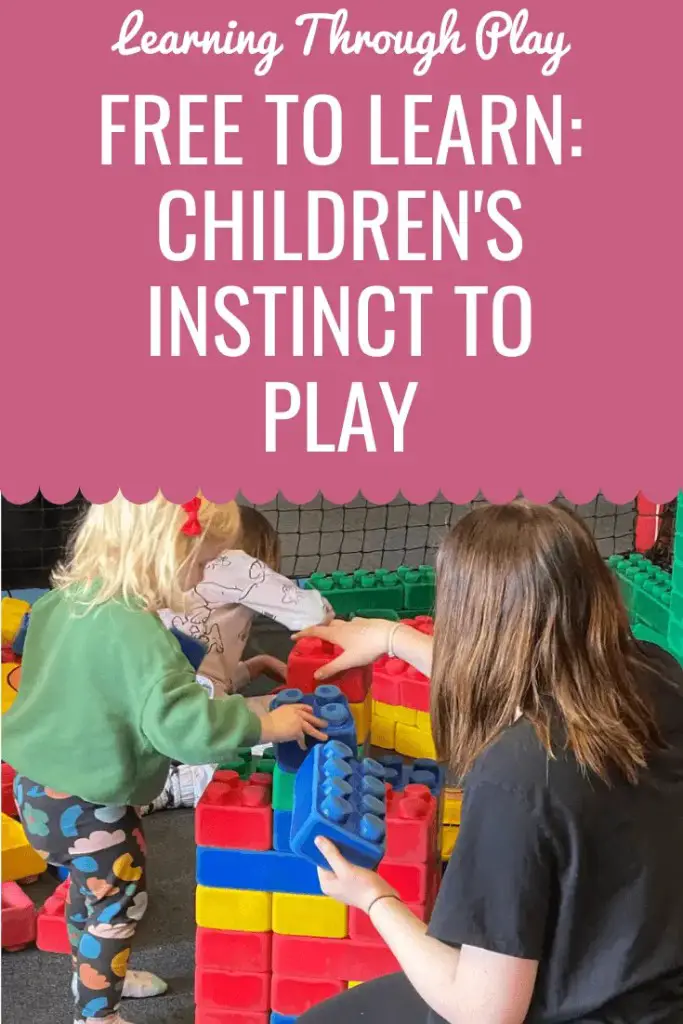
A Lack of Play?
I am concerned by the lack of play in many children’s lives today. There is an overemphasis on performance and measurable outcomes that do not support children’s true learning and development.
Play is how children incorporate new ideas and make sense of the world in lasting ways from a young age. Through pretend play, exploration, and creative activities, children develop critical skills like problem-solving, imagination, and collaboration in a self-directed manner. It is not for nothing, this is not an anti-education post. In fact this type of “deep knowledge” lays a strong foundation for future academic success. Peter explains it better than I could in this video.
However, today’s educational focus on test scores, rankings, and external performance measures often comes at the expense of play. Parents and schools prioritise structured activities and direct instruction that yield easily quantifiable results. Knowledge and skills that cannot be directly assessed are deemphasised, even if they may be more meaningful for children.
This misguided approach fails to recognise the importance of play for developing deep knowledge and true learning in young minds. Test scores alone do not necessarily indicate how much children genuinely understand and can apply what they have learned. Unstructured, child-led play is just as crucial during early childhood for shaping how children think and interact with the world.

As teachers and parents, we must advocate for restoring play in children’s lives. More time for pretend, create, explore freely – this is what inspires curiosity, imagination and a lifelong love of learning. Beyond measurable outcomes, play provides the solid foundation all children need to thrive.
I would love to hear your thoughts in the comments on Free to learn why unleashing the instinct to play will make our children happier more self reliant and better students for life novel
Please note this post contains affiliate links that provide us a small % if you buy anything on this page. This supports our hosting costs.

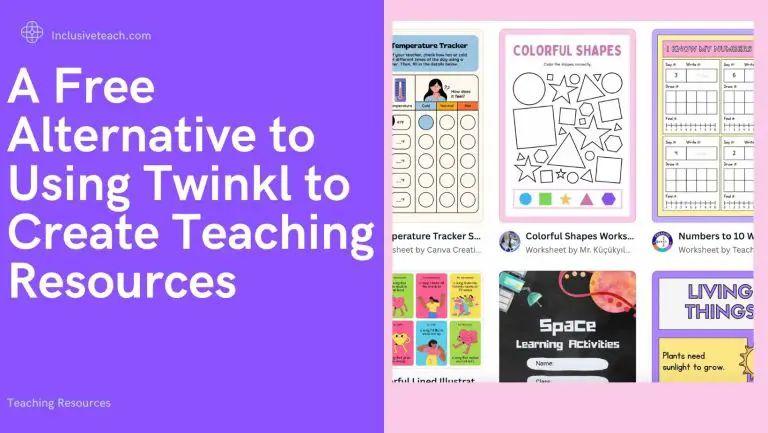
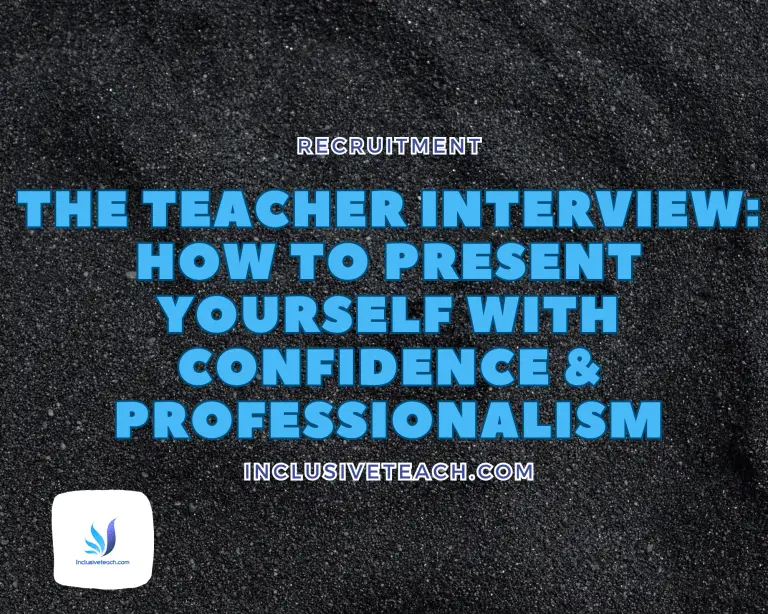
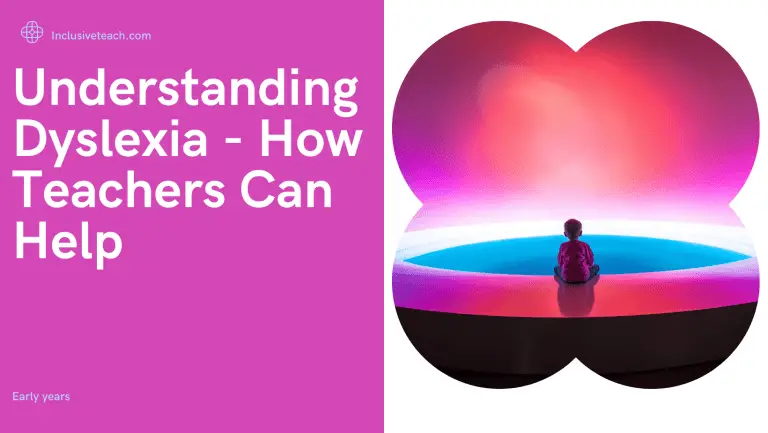
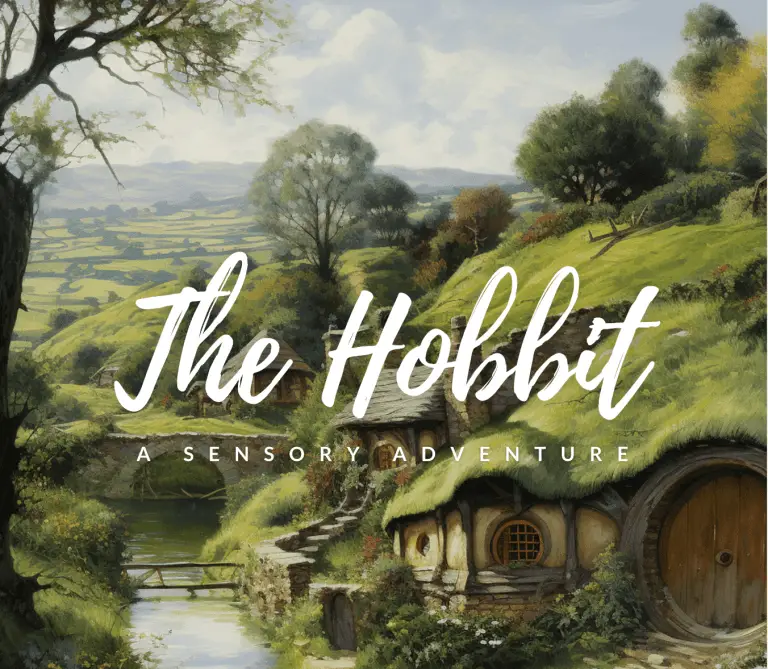

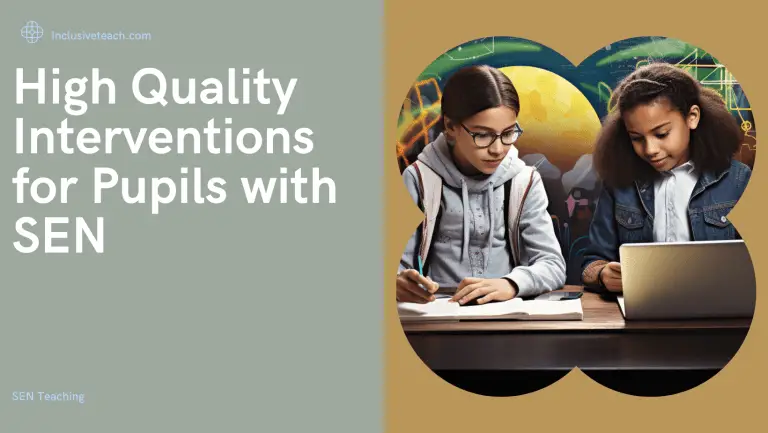
One Comment